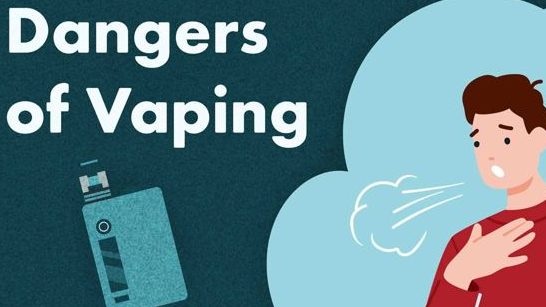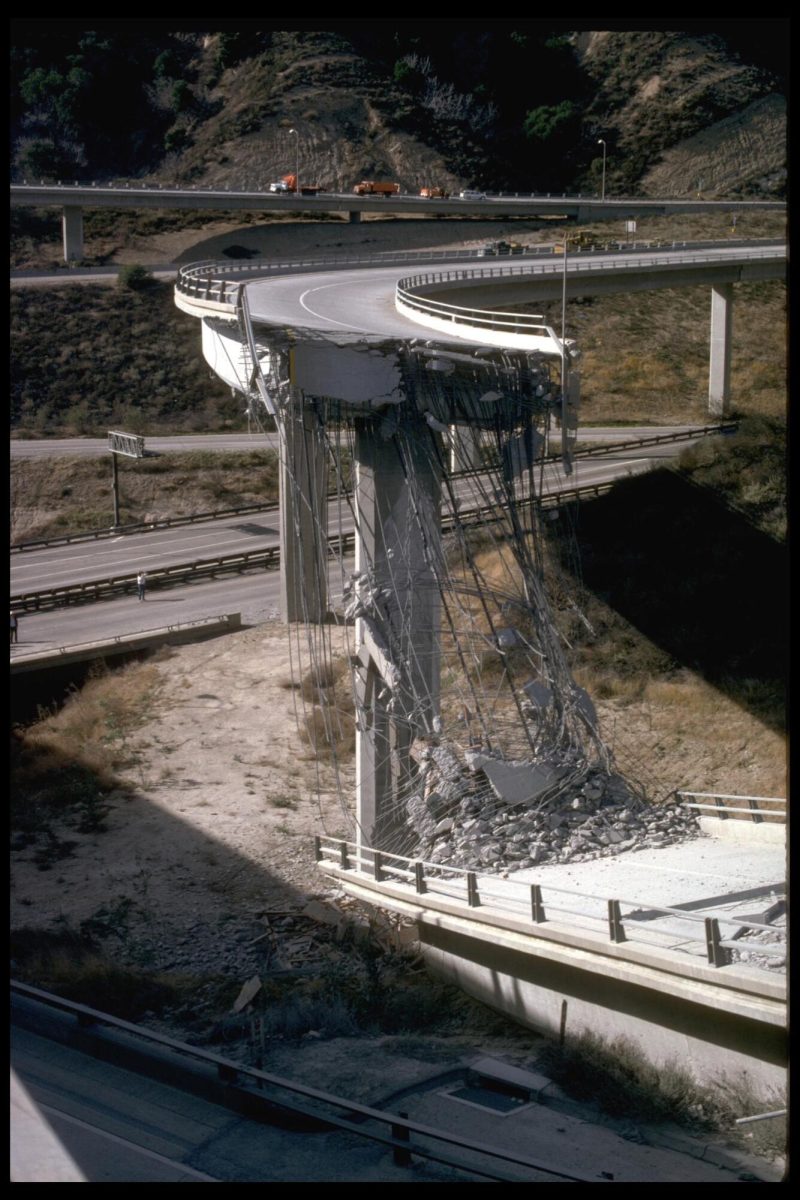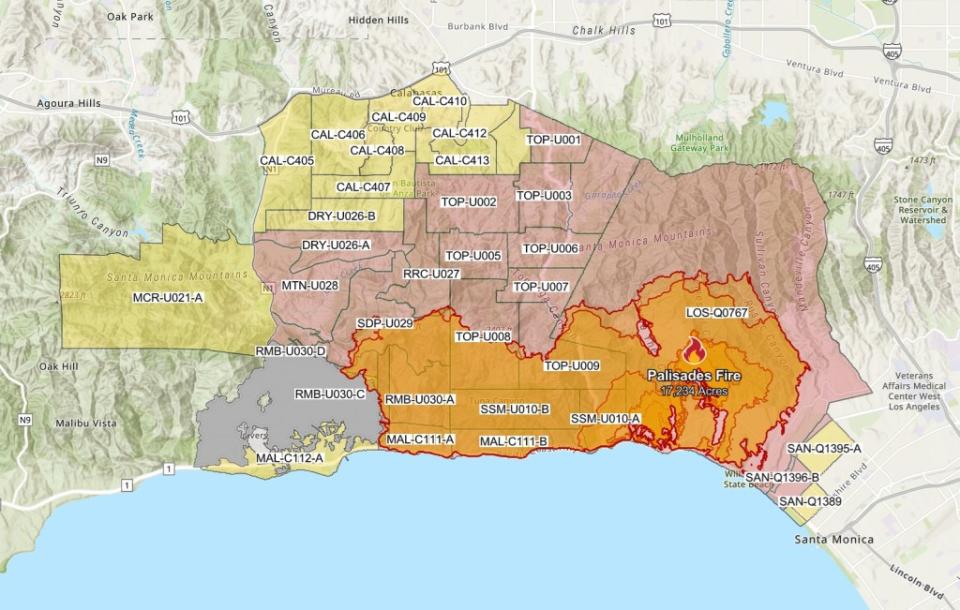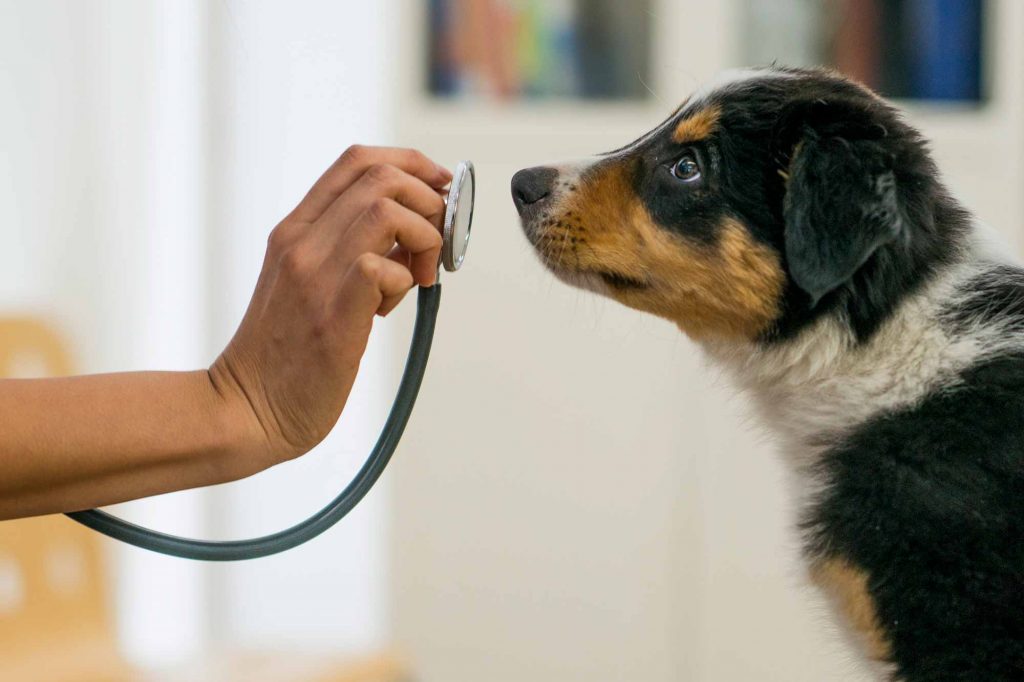Imagine coming home to your dog aggressively sniffing the bump on your leg that has been there for a long time. You decide to get it checked out for your dog’s sake, and it turns out it’s cancer. Many people have experienced this situation, and it leaves them wondering how dogs can detect cancer.
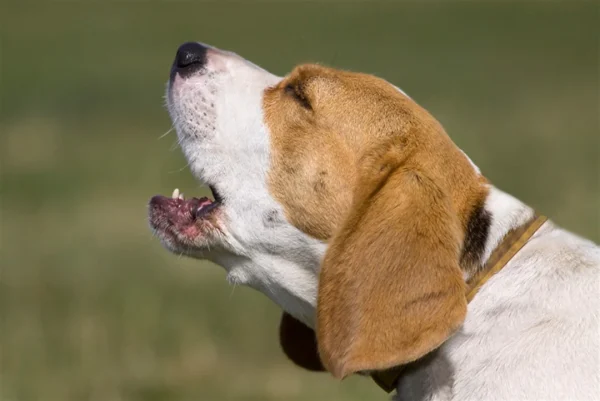
A few ways dogs can sense cancer are breath, urine, sweat, blood, skin, stool, and odor. This all depends on what kind of cancer you have. According to “Can dogs smell cancer” by Lauren Lee, if you have lung Cancer, they can smell it through your breath; bladder and prostate cancer is urine, breast cancer is breath, skin cancer is skin, and ovarian cancer is blood.
Even though dogs cannot speak, they are very good at conveying their messages. They may present knowing you have cancer by aggressively sniffing the area, lying down, exhibiting weird behavior, and constantly barking. Dogs are brilliant and should be able to let you know something is wrong.
In one widely noted anecdotal case, Lauren Gauthier, founder of Magic’s Mission hound rescue organization, reported that Victoria, her adopted Treeing Walker Hound, “persistently sniffed and stared at what seemed like a pimple on my right nostril. It was so odd and she was so persistent that I finally decided to have it checked out” (Moysich). The “bump” ended up being basal cell carcinoma, a common type of skin cancer. This proves that even though you may think whatever they smell is normal, it’s always best to get it checked out, because you never know.

You may be wondering how dogs can smell cancer, and we can’t. Well, their sense of smell is 1,000 to 10,000 times better than ours. Dogs see the world through their noses, and we see it through our eyes. According to Lauren Lee, an expert in canine behavior, “Growing research suggests that canine companions can also use smell to detect human diseases. Dogs are so effective at noticing a change in a human scent that many can sniff out signs of disease that even medical tests cannot pick up” (Lee). This shows that their sense of smell is so great that they can detect cancer before doctors and tests can.
Even though dogs can use their incredible sense of smell to detect cancer, there is still a question of whether or not they should be used in clinics. According to Kristen Moysich, “‘ While the idea of using dogs to detect cancer is attractive, given that it is noninvasive, until much more research and training is done, it is not yet accurate enough, nor practical,’ says Dr. Stenzel” (Moysich). This shows that even though dogs can help us detect cancer and help prevent it from getting worse, it is not yet practical or accurate enough to be used in offices and clinics.
In conclusion, dogs can use their amazing sense of smell to detect cancer through sweat, blood, urine, stool, breath, skin, and odor. Their noses are so strong that they can even detect cancer before doctors can. But, dogs are not used in clinics yet because it is not accurate enough or practical. As research in this field continues, how might dogs’ ability to detect cancer change the future of early diagnosis?


